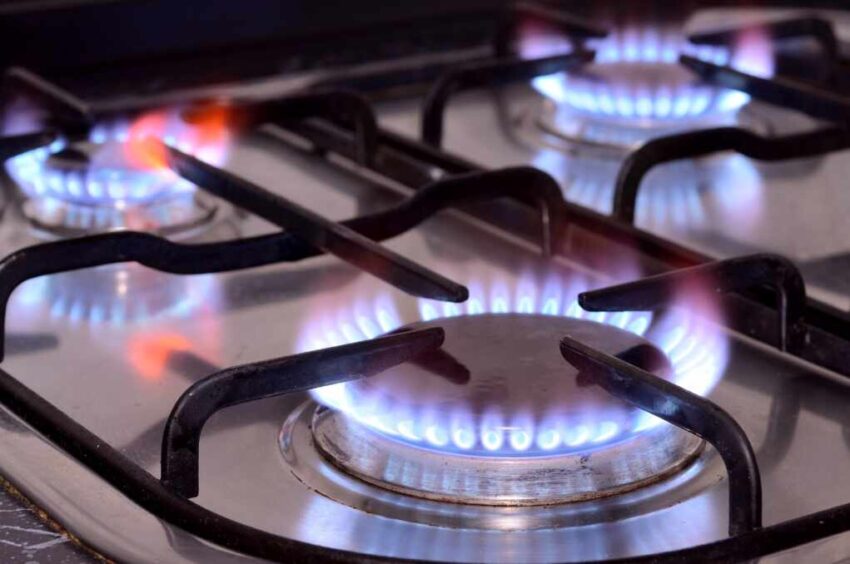In a decisive move, the South Coast AQMD Board halts an ambitious gas appliance ban, igniting debates about economic strains and environmental goals.
At a Glance
- Southern California regulators rejected plans to phase out gas-powered furnaces and water heaters by 2027
- The vote ended 7-5 against the proposal, despite aims to cut smog-causing emissions
- Concerns over high consumer costs and power grid strain influenced the decision
- The rejected measures faced criticism for potential economic impacts on vulnerable communities
- Alternative measures, including a 50% sales target for electric appliances, are to be considered
Rejection of the Gas Appliance Ban
The South Coast Air Quality Management District board has put the brakes on a controversial plan intending to phase out gas-powered furnaces and water heaters. With a 7-5 vote, the attempt to eliminate these appliances by 2027 was shelved. Critics argue the proposed policies would unfairly burden homeowners financially while testing an already strained electrical infrastructure.
The board favored halting the rules after evaluating the possible rise in consumer expenses and stress on Southern California’s electric grid. Janet Nguyen, Orange County Supervisor, highlighted that imposing such regulations could disproportionately affect economically challenged populations. The measures would have targeted nitrogen oxide emissions, aiming for zero-emission (ZEN) targets by 2045.
Economic Concerns Outweigh Environmental Ambitions
The rejected measures would have imposed additional costs on manufacturers through pollution-mitigation fees. These costs, inevitably passed onto consumers, raised apprehensions about financial hardship. Opponents argued that economic strains should not precede environmental goals, especially given the current inflation strain and energy price hikes hurting households nationwide.
Despite predicted benefits in reducing respiratory ailments like asthma and preventing premature deaths, the board recognized greater potential harm due to economic impacts. An SEC proposal for electric device sales reflected an incremental approach toward reducing fossil fuel reliance.
Looking Forward: Alternatives and Legal Threats
While California pushes toward carbon neutrality by 2045, challenges persist with legal threats lurking on the horizon. The U.S. Attorney in Los Angeles cautioned that any actions impeding domestic energy usage could spark lawsuits, intertwining legal concerns with environmental regulations.
In response, the board plans to explore a 50% sales target for electric water and space heaters as a possible alternative to the defunct gas appliance phase-out plan. Nevertheless, these considerations are not expected to come before the board again this year. As California grapples with modernizing energy policies without compromising economic stability, the dialogue between environmental and fiscal responsibility continues.
Click this link for the original source of this article.
Author: Editor
This content is courtesy of, and owned and copyrighted by, https://conservativeamericatoday.com and its author. This content is made available by use of the public RSS feed offered by the host site and is used for educational purposes only. If you are the author or represent the host site and would like this content removed now and in the future, please contact USSANews.com using the email address in the Contact page found in the website menu.








